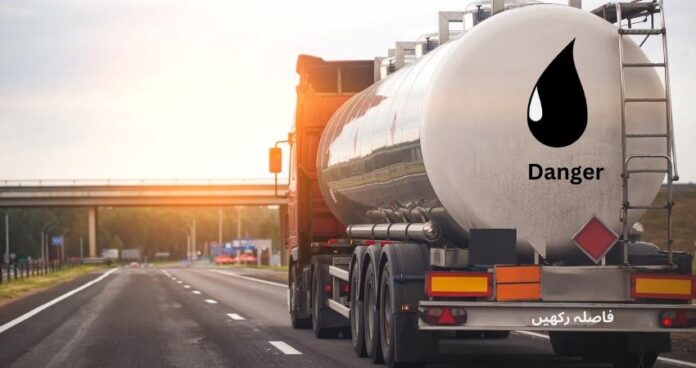Pakistan’s fuel oil transporters are facing a threefold crisis involving automation errors, illegal commercial loading, and unfair distribution, prompting calls for immediate government intervention, according to media reports.
Abidullah Afridi, the newly elected president of the Oil Tankers Contractors Association (OTCA), told media that illegal loading has become one of the sector’s biggest challenges, threatening lawful operators and distorting competition.
“Illegal loading is hurting legitimate operators and creating an uneven playing field. We will take strong action to stop this practice once and for all,” Afridi said.
He also pointed to flaws in the automation system, which was intended to improve transparency but has instead favored a few large operators while squeezing smaller transporters.
“Automation should have ensured fairness, but it has deepened favoritism. Small operators are being crushed under this system, and we will work to correct these errors,” he added.
Afridi further noted that pipelines are being used beyond their agreed quota, reducing the tanker share below acceptable levels. “We will push to restore the balance to 55 percent for tankers, as per the original agreement,” he said.
Industry observers warn that the combination of illegal practices and system errors is leaving small and medium operators struggling to survive, calling for immediate action from the Oil and Gas Regulatory Authority (OGRA) and other authorities.
The OTCA president emphasized that the association will continue advocating for fairness, transparency, and accountability. “Our goal is to protect the rights of every member, from the largest contractor to the smallest operator. We must rebuild trust and restore integrity to this sector,” Afridi said.
The association urged the government to take the matter seriously and ensure that lawful transporters receive their due share to maintain stability in Pakistan’s oil supply system.




